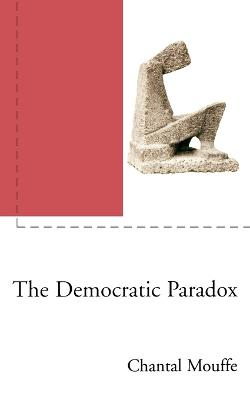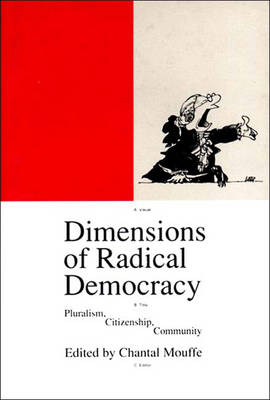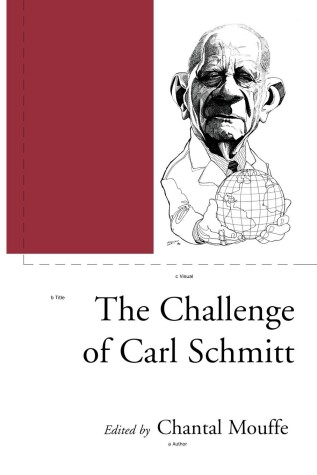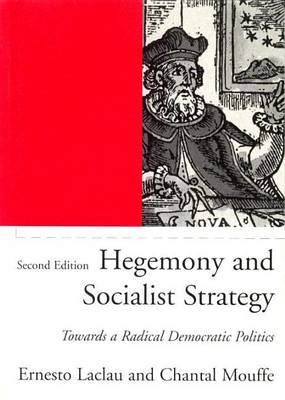Phronesis S.
4 total works
From the theory of ""deliberative democracy"" to the politics of the ""third way,"" the present Zeitgeist is characterised by an attempt to negate the inherently conflictual nature of democratic politics. Political thought and practice are stifled by a misconceived search fro consensus and the promotion of a bland social unanimity which, as Chantal Mouffe shows, far from being the sign of progress, constitute a serious threat for democratic institutions. Indeed, in many countries this 'consensus of the centre' is providing a platform for the growth of populist right-wing parties which, by presenting themselves as the only 'anti-establishment' forces, are trying to occupy the terrain of contestation deserted by the left. Taking issue with the work of John Rawls and Jurgen Habermas on one side, and with the tenets of the third way as practised by Tony Blair and theorised by Anthony Giddens on the other, Mouffe brings to the fore the paradoxical nature of modern liberal democracy.
Against those who affirm that, with the demise of the left/right divide, antagonism has been eliminated from contemporary post-industrial societies and that an all-inclusive politics has become possible, she argues that the category of the 'adversary' plays a central role in the very dynamics of modern democracy. Drawing on the work of Wittgenstein and Derrida, and engaging with the provocative theses of Carl Schmitt, she proposes a new understanding of democracy in terms of 'agonistic pluralism' which acknowledges the ineradicability of antagonism and the impossibility of a final resolution of conflicts.
Against those who affirm that, with the demise of the left/right divide, antagonism has been eliminated from contemporary post-industrial societies and that an all-inclusive politics has become possible, she argues that the category of the 'adversary' plays a central role in the very dynamics of modern democracy. Drawing on the work of Wittgenstein and Derrida, and engaging with the provocative theses of Carl Schmitt, she proposes a new understanding of democracy in terms of 'agonistic pluralism' which acknowledges the ineradicability of antagonism and the impossibility of a final resolution of conflicts.
The themes of citizenship and community are today at the centre of a fierce debate as both Left and Right try to mobilize them for their cause. For the Left such notions are crucial in all the current attempts to redefine political struggle through extending and deepening democracy. But, argue the contributors to this volume, these concepts need to be made compatible with the pluralism that marks modern democracy. Rather than reject the liberal tradition, they argue, the aim should be to radicalize it. These essays set out to examine what types of 'citizen' and 'community' might be required by such a radical and plural democracy. From a range of disciplines and a fruitful diversity of theoretical perspectives, the contributors help us to address the following challenge: how to defend the greatest possible pluralism without destroying the very framework of the democratic political community. Despite their differences, a vision emerges from these essays which is sharply at odds both with the universalistic and rationalistic conception to be found in the work of Habermas, and with postmodern celebrations of absolute heterogeneity. For this book is an exploration of politics--of a politics where power, conflict and antagonism will always play a central role.
Carl Schmitt’s thought serves as a warning against the dangers of complacency entailed by triumphant liberalism. His conception of politics is a sharp challenge to those who believe that the blurring of frontiers between the left and right and the increasing mobilization of political discourse constitute great advances for democracy. Schmitt reminds us forcefully that the essence of politics is a struggle and that the distinction between friend and enemy cannot be abolished.
This key text of the new 'post-Marxism' criticizes the persistent essentialism of the Marxist tradition from Plekhanov via Lenin and Gramsci to Althusser, and proposes a radical renovation of theory and practice.



